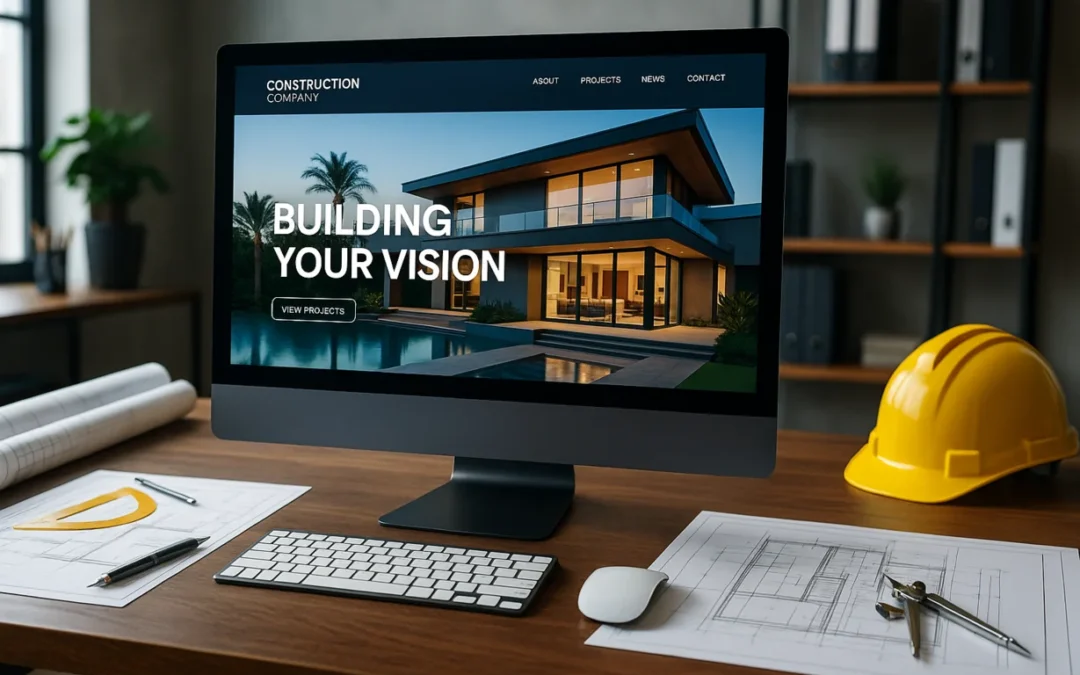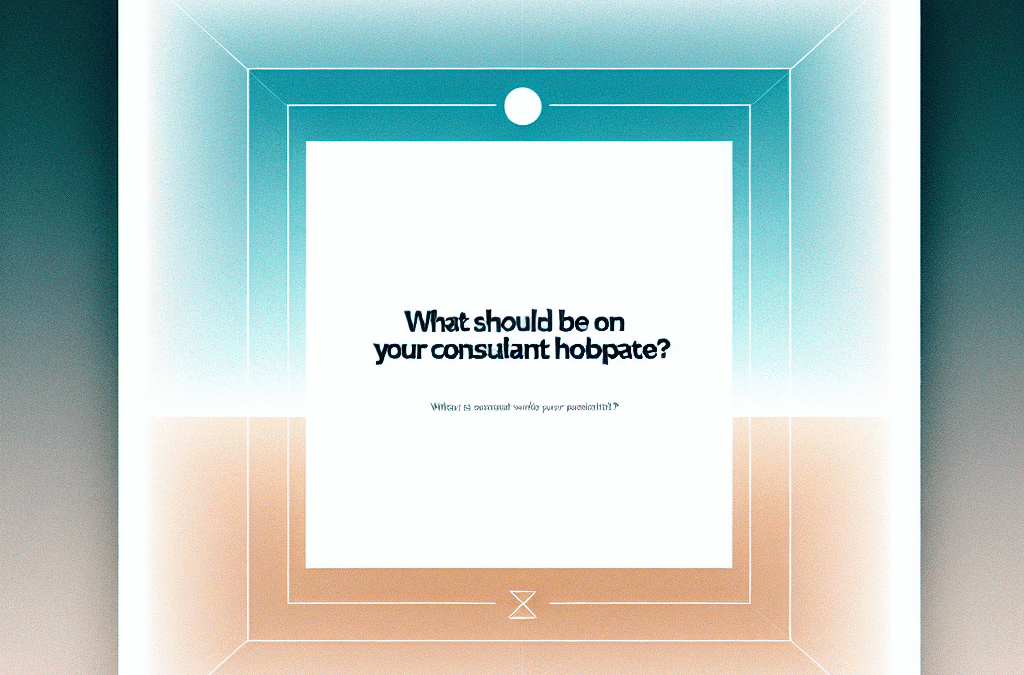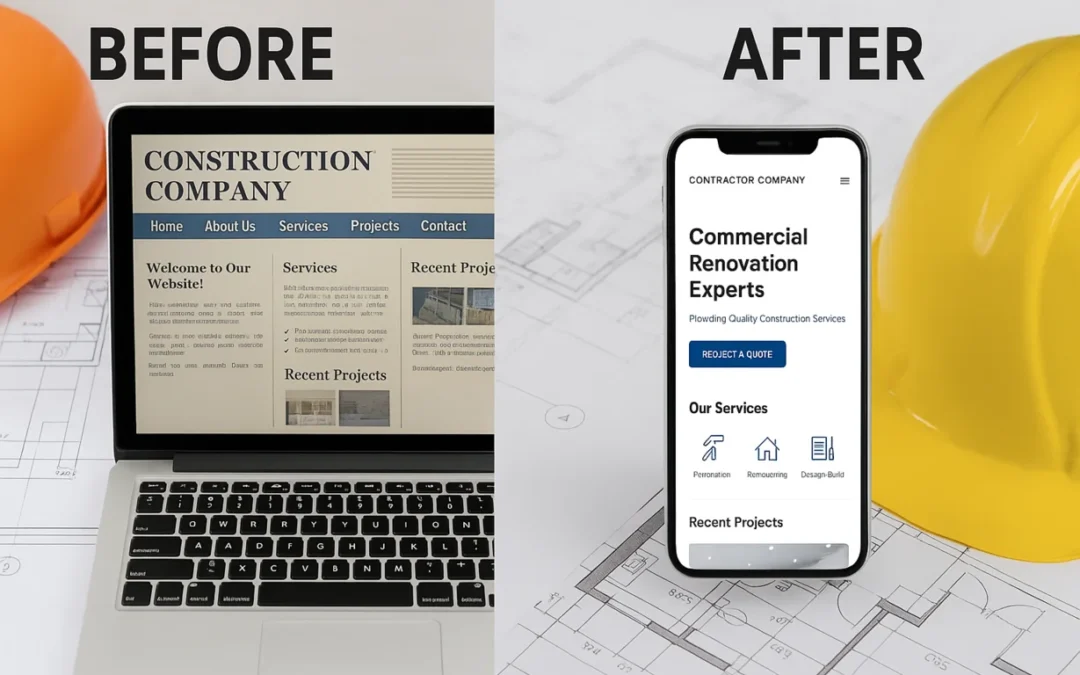In today’s digital age, having a strong online presence is essential for any construction company looking to grow and attract new clients. A well-designed website not only showcases your services but also establishes credibility and builds trust with potential customers. However, not all websites are created equal, and certain features can significantly enhance the user experience and effectiveness of your site. Here are five key features that your construction website must have to stand out in a competitive market.
1. Visual Portfolio
A construction company’s website should prominently feature a visual portfolio showcasing completed projects. High-quality images can illustrate your craftsmanship and the range of services you offer, from residential buildings to commercial spaces.
Tips for an Effective Portfolio:
- Include before-and-after images to highlight transformations.
- Organize projects by category (residential, commercial, renovations) for easier navigation.
- Use high-resolution images and consider including short descriptions or stories behind each project to engage visitors further.
An intuitive navigation system is crucial for enhancing the user experience. Visitors should be able to find the information they need quickly without unnecessary clicking or searching. A well-structured navigation bar can guide potential clients through your site, showcasing your services, portfolio, testimonials, and contact information effortlessly.
Best Practices for Navigation:
- Keep the menu simple with clear labels.
- Include a search bar for easy access to specific information.
- Use breadcrumbs to help users track their location on the site.
3. Mobile Responsiveness
With an increasing number of users accessing websites from mobile devices, having a mobile-responsive design is non-negotiable. A responsive website adapts to different screen sizes and resolutions, ensuring that your content is accessible and easy to read, regardless of the device.
Why Mobile Responsiveness Matters:
- Google prioritizes mobile-friendly websites in search rankings, improving your SEO.
- A mobile-responsive design enhances user experience, reducing bounce rates and increasing the likelihood of inquiries and conversions.
4. Clear Contact Information and CTA
Your website should make it as easy as possible for visitors to reach out. Clearly displayed contact information is crucial for converting potential clients into leads. Ensure your phone number, email address, and a contact form are readily accessible on every page, preferably in the header or footer.
Effective Call-to-Action (CTA) Components:
- Use persuasive language that encourages visitors to take action, such as “Request a Free Quote” or “Schedule a Consultation.”
- Highlight your CTA buttons with contrasting colors to make them stand out.
- Consider adding testimonials or client success stories near your CTA to build trust.
5. Client Testimonials and Case Studies
Showcasing client testimonials and detailed case studies can dramatically enhance your website’s credibility. Positive feedback from satisfied clients serves as social proof of your quality and reliability, which can be crucial in the construction industry.
How to Use Testimonials Effectively:
- Feature testimonials prominently on the homepage as well as on a dedicated testimonials page.
- Include case studies that detail specific projects, including challenges faced, solutions provided, and the final results.
- If possible, include video testimonials for a more personal touch.
Conclusion
Your construction website is often the first point of contact potential clients have with your business. By incorporating these five key features—visual portfolios, user-friendly navigation, mobile responsiveness, clear contact information with CTAs, and client testimonials—you can create an engaging and effective online presence that not only showcases your work but also builds trust and encourages conversions. Invest in your website as a vital tool for growth, and watch as it significantly impacts your business’s success in the construction industry.
Web Design










